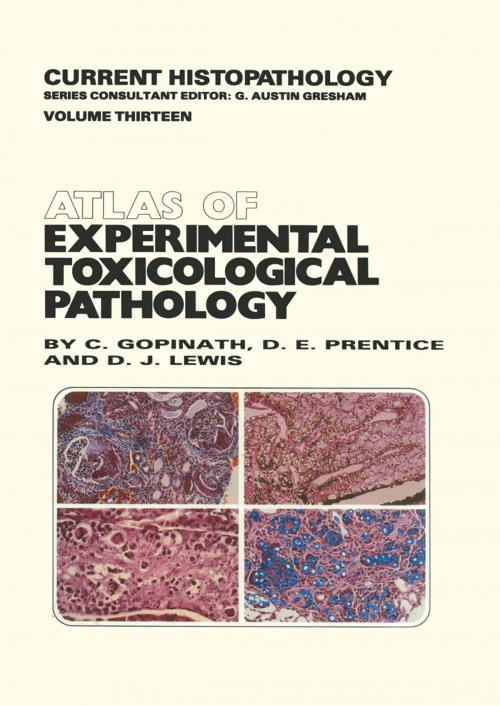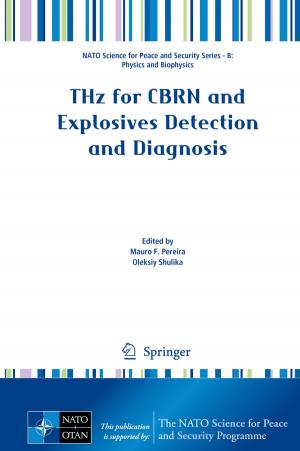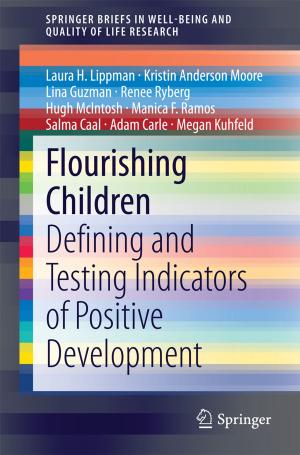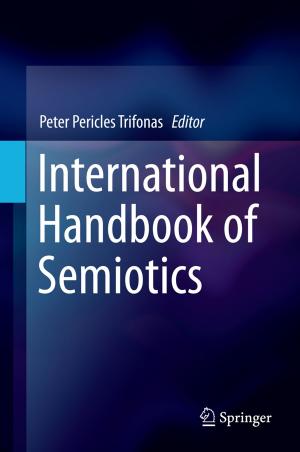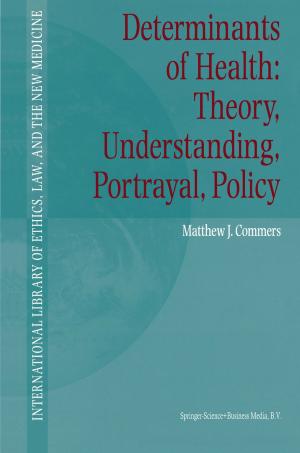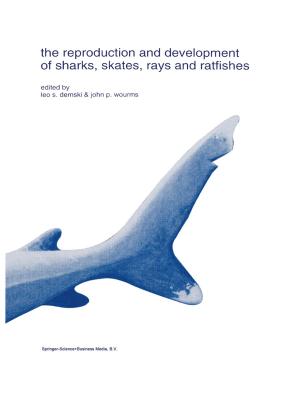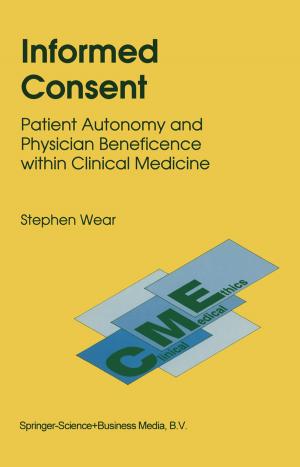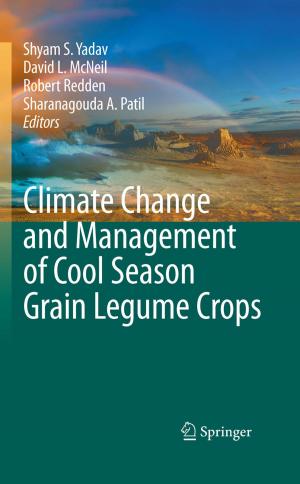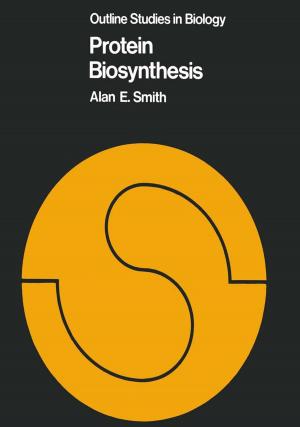Atlas of Experimental Toxicological Pathology
Nonfiction, Health & Well Being, Medical, Specialties, Pathology, Veterinary Medicine| Author: | C. Gopinath, D. Prentice, D.J. Lewis | ISBN: | 9789400931893 |
| Publisher: | Springer Netherlands | Publication: | December 6, 2012 |
| Imprint: | Springer | Language: | English |
| Author: | C. Gopinath, D. Prentice, D.J. Lewis |
| ISBN: | 9789400931893 |
| Publisher: | Springer Netherlands |
| Publication: | December 6, 2012 |
| Imprint: | Springer |
| Language: | English |
Our aim in producing a colour atlas of toxicological guidelines itemize the investigations to be carried out pathology was to present a catalogue of histopathologi during the course of the study and they normally include: cal lesions which we had encountered over the years in clinical observations and behaviour; food intake and body various laboratory animal species exposed to a vast weight measurements; serum biochemistry; haema range of pharmaceuticals, agrochemicals and industrial tology; ECG and ophthalmology. At the end of a study, chemicals. While we believe a colour atlas is the ideal full macroscopic and microscopic examinations of the way to share our experiences with others, it quickly organ weight analyses together with tissues are essen became clear to us that for the atlas to be meaningful tial. By far the greater part of the material used in this the associated text must be comprehensive and contain book is from toxicity studies conducted in recent years ample literature references. and performed in compliance with the Good Laboratory The atlas is intended for both the trainee and the Practice standards of governmental regulatory bodies in experienced toxicological pathologist working with lab Europe, Japan and North America. oratory animals in the pharmaceutical, agrochemical or Toxicity studies are commonly carried out in rats, chemical environment.
Our aim in producing a colour atlas of toxicological guidelines itemize the investigations to be carried out pathology was to present a catalogue of histopathologi during the course of the study and they normally include: cal lesions which we had encountered over the years in clinical observations and behaviour; food intake and body various laboratory animal species exposed to a vast weight measurements; serum biochemistry; haema range of pharmaceuticals, agrochemicals and industrial tology; ECG and ophthalmology. At the end of a study, chemicals. While we believe a colour atlas is the ideal full macroscopic and microscopic examinations of the way to share our experiences with others, it quickly organ weight analyses together with tissues are essen became clear to us that for the atlas to be meaningful tial. By far the greater part of the material used in this the associated text must be comprehensive and contain book is from toxicity studies conducted in recent years ample literature references. and performed in compliance with the Good Laboratory The atlas is intended for both the trainee and the Practice standards of governmental regulatory bodies in experienced toxicological pathologist working with lab Europe, Japan and North America. oratory animals in the pharmaceutical, agrochemical or Toxicity studies are commonly carried out in rats, chemical environment.
